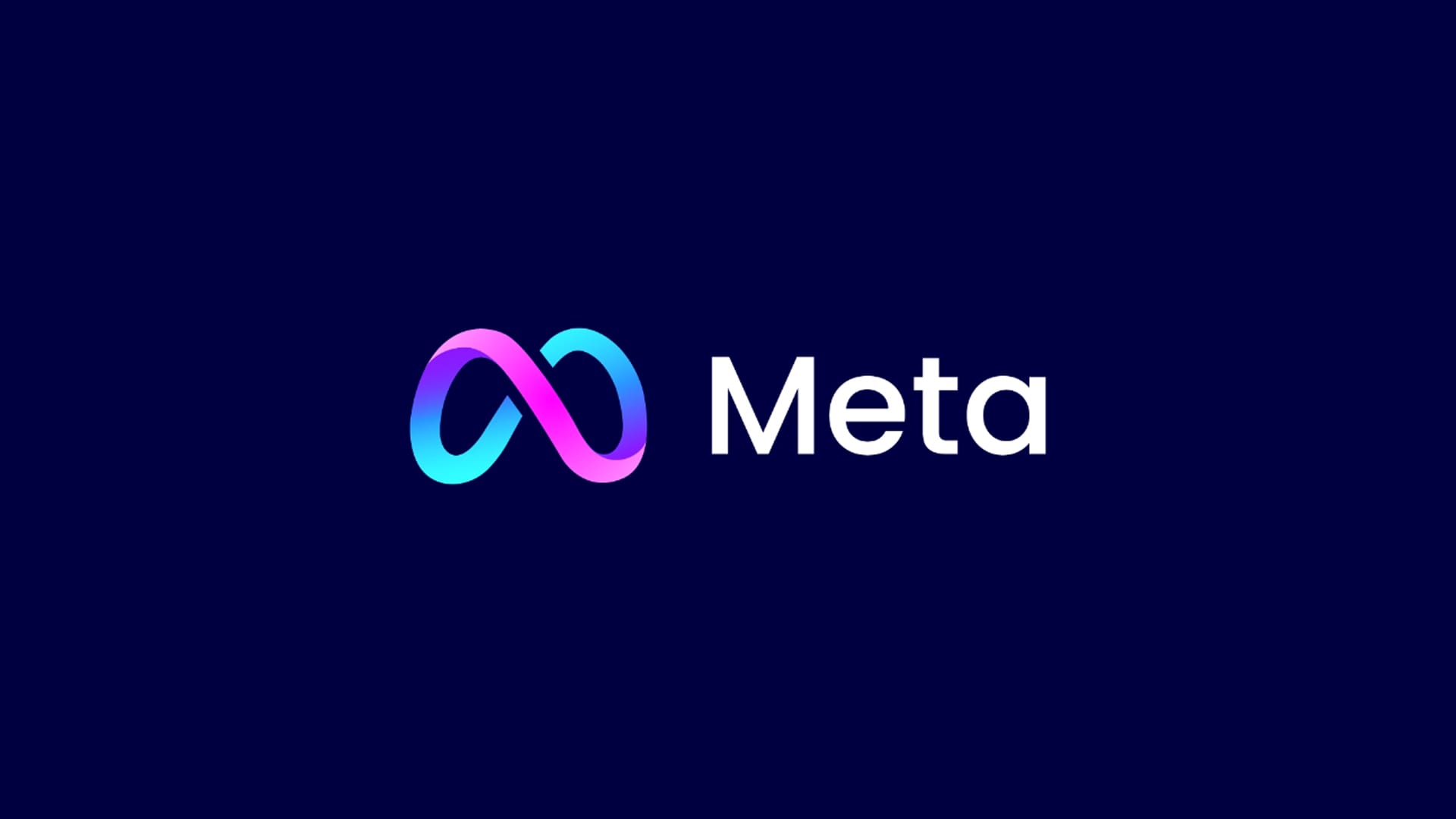Meta restructures AI teams, focusing on generative AI development
Meta restructures its AI teams, focusing more on generative AI and dissolving its Responsible AI team amidst global efforts to regulate AI development.

Meta, previously known for its Responsible AI (RAI) team, has undergone significant restructuring. This change aligns more resources towards the growing field of generative artificial intelligence. The Information first reported this development based on an internal post.
Table Of Content
Shifting focus to generative AI
Meta’s reorganisation involves relocating most members of its RAI team to the generative AI product team. Others will contribute to the company’s AI infrastructure. This move signals a strategic shift, with Meta emphasising its commitment to responsibly developing AI. The company has publicly declared its dedication to responsible AI, listing core principles like accountability, transparency, safety, and privacy on its website.
Jon Carvill, a representative for Meta, reassured that despite the dissolution of the RAI team, the company remains committed to safe and responsible AI development. He stated that the dispersed team members will continue supporting Meta’s efforts across various departments to uphold responsible AI practices.
Recent challenges and changes
Earlier this year, the RAI team underwent a restructuring, which included layoffs. Business Insider reported that these changes reduced the RAI team to a significantly diminished capacity. Established in 2019, the RAI team reportedly faced challenges in autonomy and implementation of initiatives, often requiring extensive negotiations with stakeholders.
The broader context
Meta’s shift comes amidst a global race to regulate and manage artificial intelligence development. Moves similar to Meta’s were also seen in Microsoft earlier this year. These changes occur in a global backdrop where governments are actively working to establish frameworks for AI regulation. The US government has engaged in agreements with AI companies and directed agencies to formulate AI safety rules. The European Union, while still trying to pass its AI Act, has published its AI principles.
Impact on AI development and regulation
Meta’s decision to realign its AI teams towards generative AI and away from the RAI team highlights the dynamic nature of AI development in the corporate world. It also reflects the increasing importance of generative AI in tech companies’ strategies. This shift might influence how AI is developed and regulated, as large corporations like Meta and Microsoft play a significant role in shaping the landscape of AI technology.
Meta’s restructuring is not just an internal shuffle but a reflection of the evolving priorities in the AI industry. With governments working to catch up with regulations, the future of AI development is in a state of flux, balancing innovation with responsibility.
















